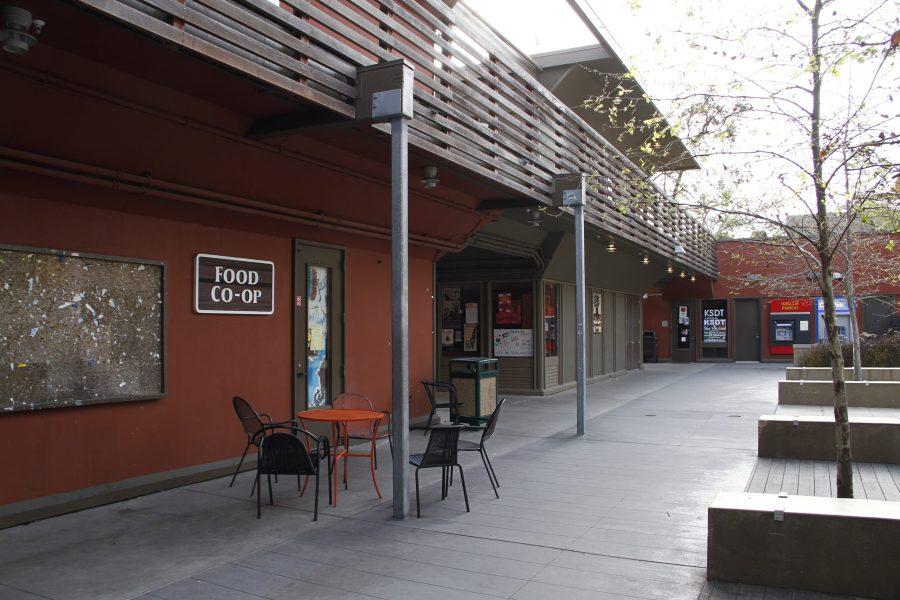According to a survey done by the Seru Consortium at UC Berkeley, the shift to online learning as a result of the ongoing coronavirus pandemic has led to negative effects on students who identify as people of color.
The survey, which interviewed 31,687 students from the nine campuses of the UC system and from various races including White, Black, Asian, and Latinx, highlighted various obstacles that were collectively experienced by those surveyed.
Surveyed students were asked questions from five categories of topics which included academic obstacles, financial hardships, mental health challenges, safety, and feeling of belonging.
An overwhelming number of students of color indicated that they have found difficulty in attending online lectures, finding adequate study spaces, and adapting to online learning since the start of the pandemic in March 2020.
The survey also reflected some of the hardships associated with students’ financial situations, such as the loss of on-campus jobs, technological expenses, and living expenses.
Some participants also critiqued college campuses which often operated under the assumption that “one size fits all,” as in students would all adapt in the same way.
At the conclusion of the survey, the Seru Consortium provided possible reasons as to why students were affected so disproportionately. Dangerous home environments, high rates of clinical mental health issues such as depression and anxiety, expensive technology necessary for classwork, and even the strict meeting times for classes made it difficult for some to adapt.
The survey used the results gathered to provide recommendations that both the UC system and professors could use to resolve some of the issues. Recommendations such as providing work from home opportunities, recording lectures, housing resources, and providing access to mental health services were resources that the Consortium felt were responses that could be undertaken.
Access to these resources is important especially for students of color who navigate the college landscape — many of them first-generation students who struggle to overcome obstacles to be on par with their peers.
As the school year comes to an end, the effects of online learning are clear: students do not have access to the same resources and sense of community that being present on campus provides.
In an interview with The Chronicle, UCLA junior Alexa Sass described her struggles in adapting to learning online in the midst of the protests regarding the murder of George Floyd in May 2020.
“The way that I process my mental health is through support systems,” she said.
These support systems can be difficult for students to find, especially first-year students who due to the pandemic have to adapt to significant changes in how they access resources.
For the UC San Diego campus, resources provided by the university include mental health services such as CAPS, access to counseling through student’s respective colleges, and the existence of various resource centers and living & learning communities.
For students of color, finding the same quality of resources that facilitate their success can be difficult when everything has to occur online.
Places such as the Raza, Black, Women’s, Cross-Cultural, and Inter-tribal Resource centers are tailored to address the needs of students of color. Yet their impact and accessibility to a range of students can be difficult with the shift towards online-based services.
Communities such as the Raza, African Black Diaspora, and LGBTQIA+ Living and Learning Communities foster the growth of community while providing resources for students amongst such a large population.
For John Muir College sophomore Dumebi Uba, living in the African Black Diaspora Living and Learning Community has granted her access to both resources and community as well as given her a voice, she told The UCSD Guardian.
“We form tight-knit families within the LLC where we connect to share adversities we face and offer ways to uplift each other. We learn through each other how to be successful not just personally and professionally, but academically as well,” Uba said. “They also give access to CAPS, creative outlets such as painting, one on one mentoring with upperclassmen, and game nights to meet other students in similar fields of study… Mental health isn’t talked about often, so it helps to talk with other students in the community with similar struggles. The LLC helps to give our community a voice and bring a call to action about addressing how the school struggles in acknowledging the issues we face.”
For students that do not have access to the resources LLC’s provide, they may not have to wait long to be able to access on-campus resources. Just last month, the Office of the Chancellor at UCSD announced a return to on-campus learning slated for Fall 2021. Spaces will have to operate under the guidelines recommended by the CDC.
Until then, students can continue to utilize online resources through making CAPS appointments here, receiving information about academic advising here, and finding information about resource centers here.
Photo courtesy of Kevin Tran for The UCSD Guardian.















Felix Dertbas • May 26, 2021 at 7:16 am
Students that do not have resources they need to survive should explore Internet money-making opportunities. In particular, going to footwagers and making some bets according to their football predictions is a sure way to make some cash. Just remember to use trusted bookmakers to avoid losing your money.